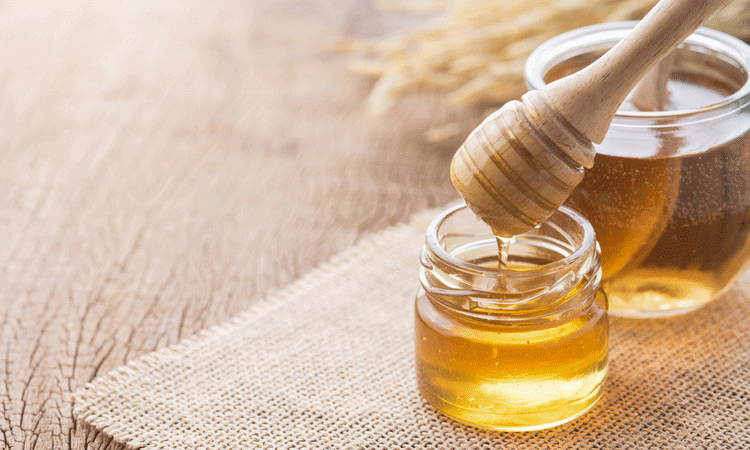Scottish honey samples needed for national monitoring project
- Like
- Digg
- Del
- Tumblr
- VKontakte
- Buffer
- Love This
- Odnoklassniki
- Meneame
- Blogger
- Amazon
- Yahoo Mail
- Gmail
- AOL
- Newsvine
- HackerNews
- Evernote
- MySpace
- Mail.ru
- Viadeo
- Line
- Comments
- Yummly
- SMS
- Viber
- Telegram
- Subscribe
- Skype
- Facebook Messenger
- Kakao
- LiveJournal
- Yammer
- Edgar
- Fintel
- Mix
- Instapaper
- Copy Link
Posted: 18 July 2018 | Iqra Farooq (New Food) | No comments yet
With over 2000 amateur and 30 large-scale bee farms in Scotland, the scientists aim to archive hundreds of samples from each region and type of habitat, adding to samples from around the UK.


Honey samples from across Scotland are needed to analyse factors which may affect the size and health of honey bee populations and honey yields.
Amateur and professional beekeepers are being asked to send honey samples to the Centre for Ecology and Hydrology (CEH) for its new National Honey Monitoring Scheme. This scheme is looking to comprehensively analyse honey from around the UK using mass spectrometry and DNA barcoding.
Scientists at CEH will identify types of pollen and pesticide residues present in the honey samples and some diseases the bees may be exposed to.
With over 2000 amateur and 30 large-scale bee farms in Scotland, the scientists aim to archive hundreds of samples from each region and type of habitat, adding to samples from around the UK.
Leading the scheme, Professor Richard Pywell, from the Centre for Ecology and Hydrology, said: “The vulnerability of honey bees to the way we manage land in the UK has long since been a cause for concern, but it is this sensitivity that makes them potentially really important for monitoring long term changes to the condition and health of the countryside.”
The team wants to understand where in Scotland and the rest of the UK, bees have access to lots of wildflowers and crop to feed on, and where they feed on only a few species. They also want to delve deeper into which pesticides bees are exposed to and where they are exposed.
“This information will help us understand some of the factors affecting the size and health of honeybee populations, and ultimately honey yields. It will also inform the way we might manage the countryside in future to support honeybees and wild pollinators…which wildflowers and crops we might plant to augment bee diets.”
President of the Scottish Beekeepers Association, Alan Riach backs the scheme. He said: “we hope our members, and bee keepers across Scotland, will sign up to provide samples so that we can contribute towards a comprehensive ‘state of the nation’ survey of Scotland’s honeybees and honey production.
“The more beekeepers who take part, the more valuable our results will be.”
Beekeepers are asked to send in samples twice a year. Details on the scheme can be found here.
The scheme is funded by the National Environment Research Council’s contribution to the research programme Achieving Sustainable Agricultural Systems.
Related topics
Related organisations
Centre for Ecology and Hydrology, National Honey Monitoring Scheme, Scottish Beekeepers Association








